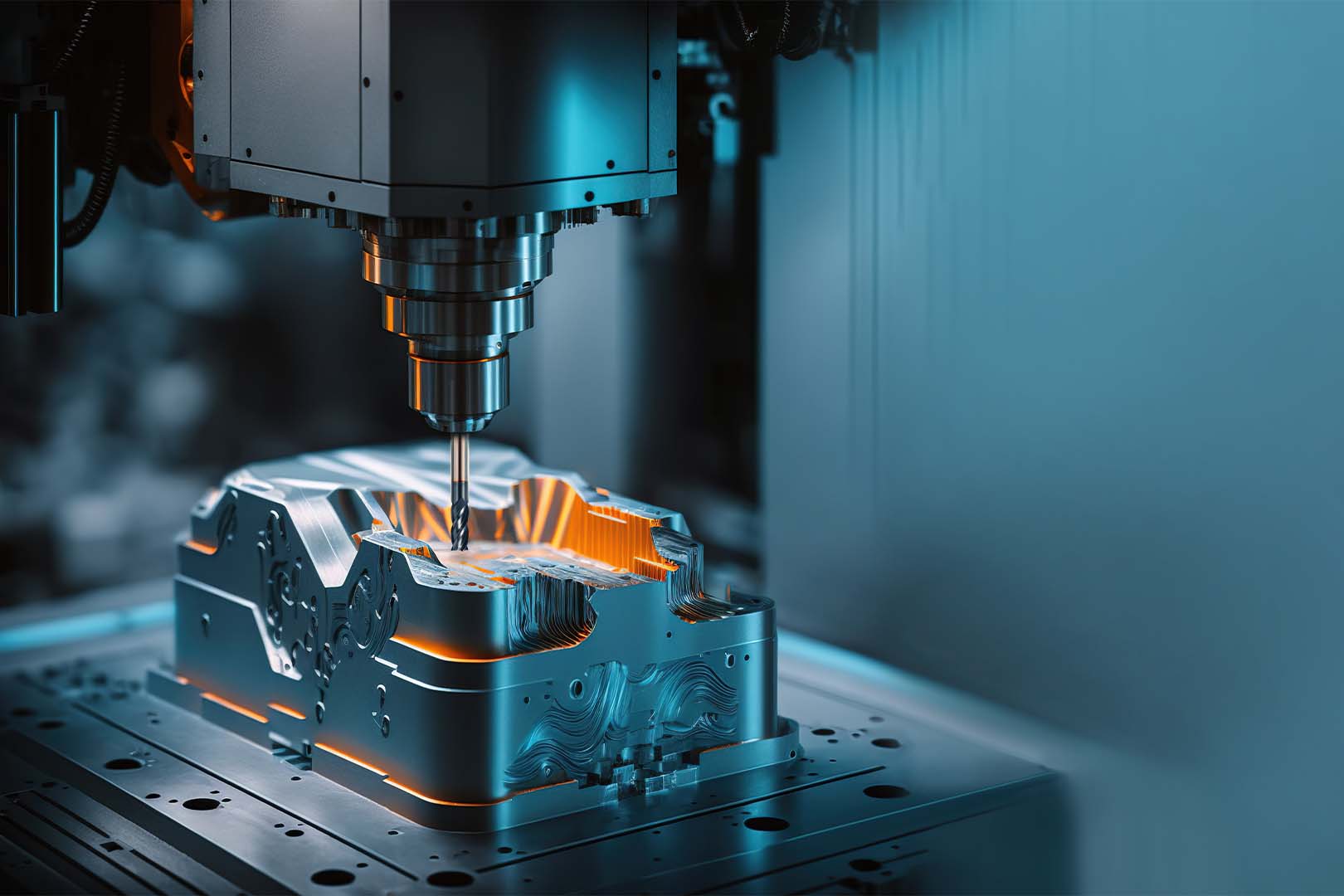How to Ensure Quality Control for Prototype Machining?

Prototype machining, the bridge between ideation and mass production, requires meticulous attention to detail to ensure the final product meets design specifications. In this blog, we dive into the realm of quality control for prototype machining processes, exploring key strategies and considerations for achieving excellence.
The Essence of Prototype Machining
At the heart of innovation lies the process of prototype machining, a pivotal stage in product development where ideas are transformed into tangible realities. In the realm of manufacturing, prototype machining acts as the initial blueprint, serving as the foundation upon which the final product is built. As businesses and engineers embark on this transformative journey, the importance of quality control in prototype machining cannot be overstated. The accuracy and precision achieved during this phase lay the groundwork for successful mass production.
Key Considerations in Prototype Machining
Material Selection
The very essence of prototype machining lies in the materials that shape the envisioned product. From metals to plastics, each material presents unique challenges and opportunities. Quality control begins with a meticulous evaluation of material properties, ensuring they align with the project’s requirements. The keyword here is prototype machining, emphasizing the importance of selecting materials that not only meet design specifications but also facilitate the machining process.
Precision Machining Techniques
Executing precision machining techniques is the heartbeat of prototype development. From CNC milling to turning, the chosen machining methods must align with the intricacies of the design. Quality control in prototype machining demands a thorough understanding of machining tolerances, surface finishes, and dimensional accuracy. Regular checks and validations throughout the machining process help catch deviations early, ensuring the prototype remains faithful to the intended design.
Iterative Prototyping
An iterative approach to prototyping is a hallmark of successful quality control in prototype machining. The keyword prototype machining resonates in the iterative nature of the process. Multiple prototype iterations allow for refinement, addressing any unforeseen challenges that may arise during the initial stages. This iterative approach not only enhances the final product’s quality but also streamlines the transition from prototype to production.
The Role of Inspection and Testing
Quality control in prototype machining is incomplete without a robust inspection and testing phase. As the keyword suggests, prototype machining involves a meticulous examination of the prototype’s features and dimensions to validate its conformity to the design. Employing advanced inspection tools, such as coordinate measuring machines and laser scanning devices, ensures that each prototype meets the predefined specifications.
Comprehensive Inspection Protocols:
Dimensional Accuracy
Precise measurements are the cornerstone of quality control in prototype machining. Regular checks for dimensional accuracy using CMMs guarantee that every facet of the prototype aligns with the design’s specifications. Deviations, even minor ones, can lead to significant issues in the final production phase.
Surface Finish Evaluation
Beyond dimensions, the surface finish is a critical aspect of prototype quality. Quality control protocols must include rigorous evaluations of surface finishes, ensuring that the texture and appearance match the intended design. Any imperfections or deviations from the desired surface finish can be addressed promptly during this phase.
Functional Testing
The functionality of a prototype is as vital as its physical attributes. Rigorous functional testing, involving simulated real-world conditions, allows engineers to identify and rectify any operational issues. This comprehensive approach to quality control ensures that the prototype not only looks the part but also performs seamlessly in practical applications.
The Preece Advantage: Elevating Prototype Machining Excellence
In the dynamic landscape of prototype machining, partnering with a trusted and experienced machining service can make a significant difference. For unparalleled quality control and precision, consider enlisting the expertise of Preece Machining and Assembly. Specializing in prototype machining, Preece brings a wealth of experience and a commitment to excellence to every project.
Why Choose Preece Machining and Assembly for Prototype Machining?
In the competitive landscape of prototype machining, selecting the right partner is paramount to success. Preece Machining and Assembly stands out as a leader in the industry, offering a comprehensive suite of machining services with a focus on precision and quality. With a team of seasoned engineers and technicians, cutting-edge CNC machining capabilities, and a commitment to exceeding client expectations, Preece Machining and Assembly is the go-to choice for organizations seeking top-tier prototype machining services. By entrusting your project to Preece, you are not just investing in prototype machining; you are investing in a legacy of excellence and innovation.
